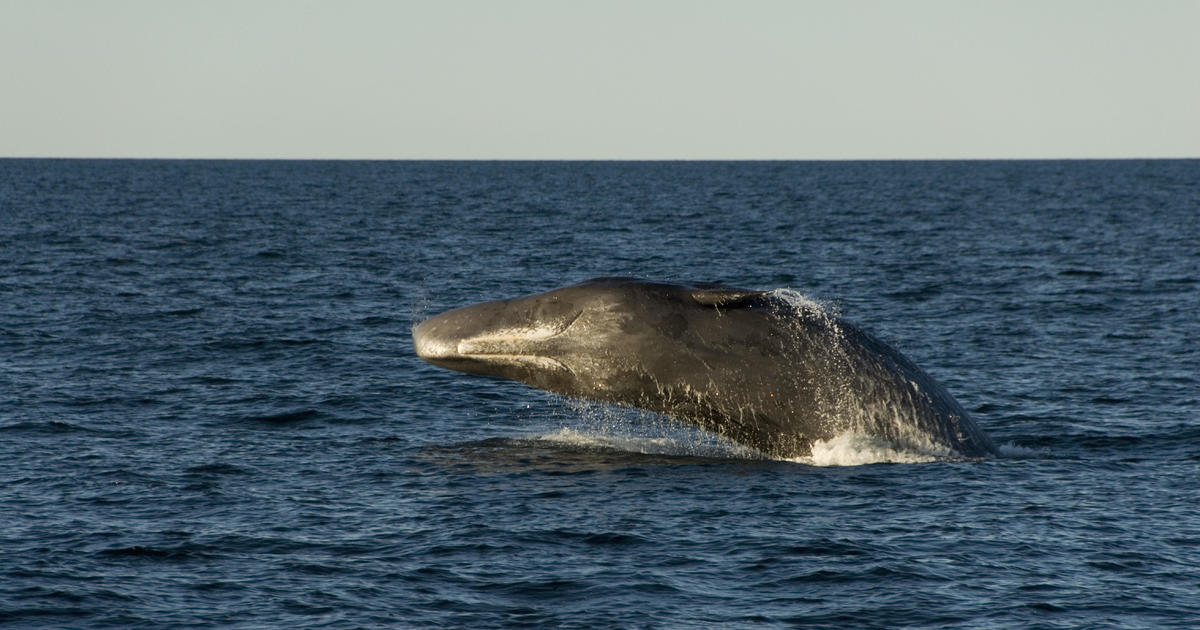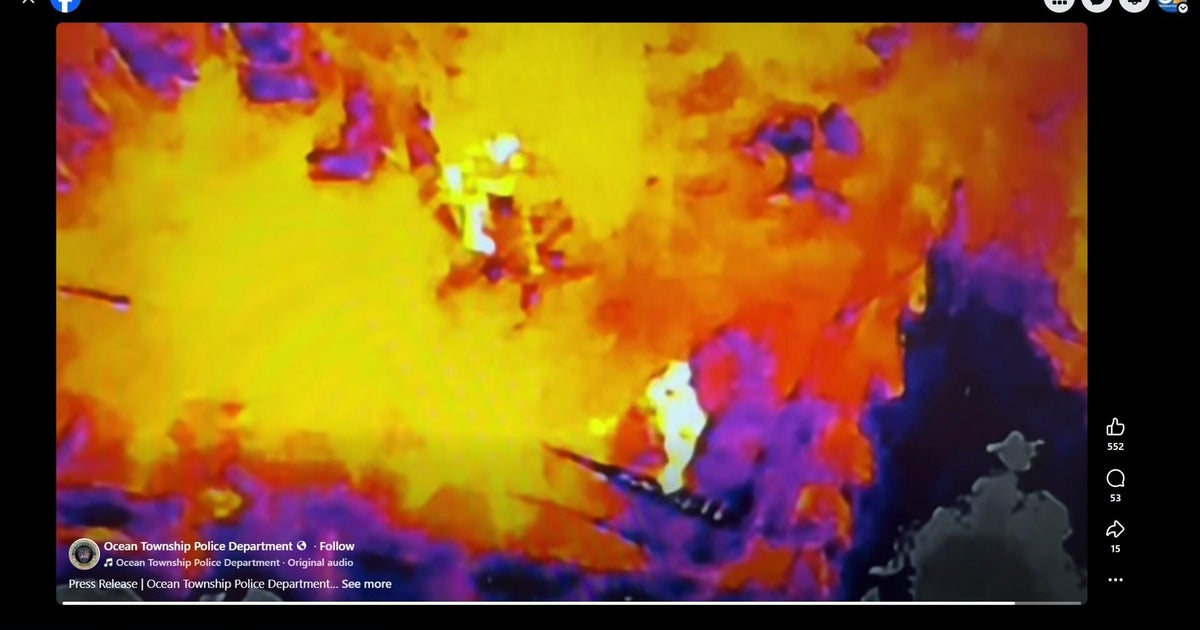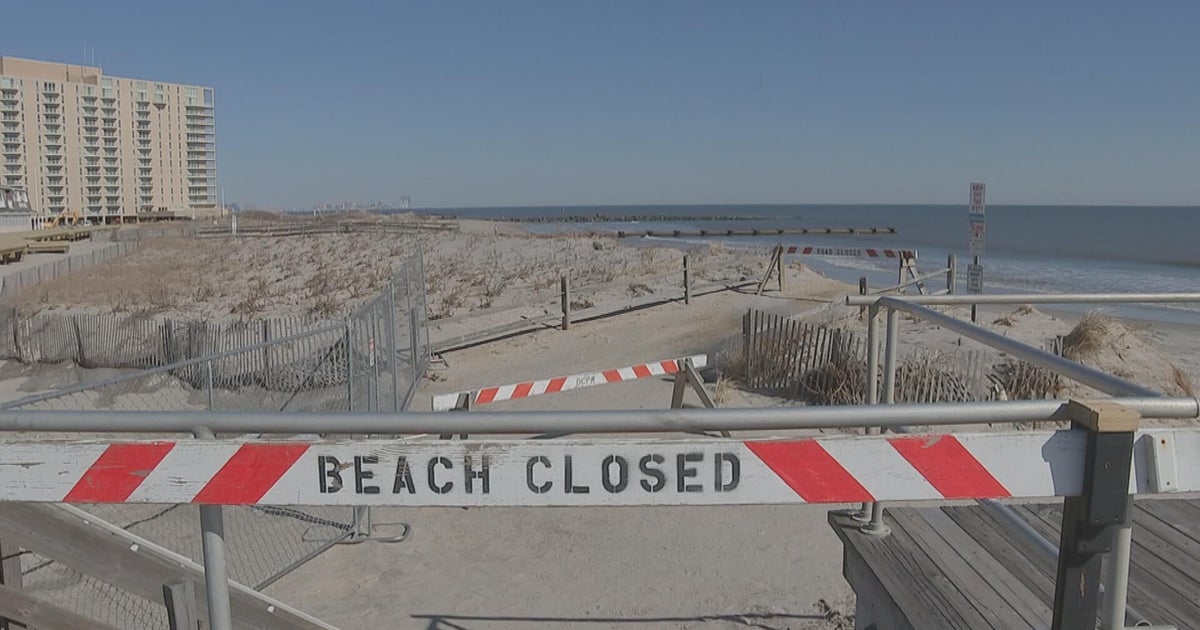Good Question: How Much Trash Is In The Oceans?
MINNEAPOLIS (WCCO) – Searchers looking for Malaysia Air Flight 370 haven't found any evidence of the plane yet, but they continue to get their hopes up when they see pieces of garbage and debris in the water.
But using trash as clues often leaves searchers empty handed. Over the weekend, a promising lead turned out to be four orange cones.
So, that had us wondering: how much trash is on our oceans?
"We have little idea cumulatively how much trash is in the ocean," Kara Lavender Law, an oceanographer with the Sea Education Association, said.
She and a group of other scientists, including ecologists, polymer experts, toxicologists and waste management experts, are studying the data on marine debris through the National Center for Ecological Analysis and Synthesis.
"It's difficult because there are very few observations in general of trash in our oceans," Lavender Law said.
Captain Charles Moore with the Algalita Marine Research Institute estimated there could be 200 million tons of debris in the ocean.
He calculated his estimate based on the theory that 2.5 percent of the world's plastic escapes from land to water.
"The ocean has the distinction of being downhill from everywhere on earth. If you are looking to find out where trash comes from, you just have to look at the land," Moore told CBS News.
Other estimates are far less.
Marcus Ericksen, co-founder of 5 Gyres, recently finished a trip estimating the floating debris by dragging mesh nets in specific oceanic areas. He believes the numbers of floating trash in the ocean to be closer to 0.46 million tons from 5.25 trillion pieces of debris.
"We were trying to calibrate the best model, but this is all guessing," Ericksen said.
For years, scientists have estimated between 75 to 90 percent of the ocean trash is plastic.
Lavender Law said a bulk of it is in tiny, unrecognizable pieces.
"You name it, you'll seen it. We've seen abandoned kayaks. We've seen lost fishing boats. We saw a refrigerator," she said.
Most of it is assumed to come from land, whether through natural disasters like the 2011 Japanese tsunami or the 2004 Bande Ache tsunami, or simply through trash making its way from land to waterways to, ultimately, the ocean.
"If you think about places in the world that don't have well developed infrastructure, it's entirely possible that a lot of that trash can end up in the ocean easily," Lavender Law said.
Some comes from fishing boats or cargo ships accidently or purposefully dumping. No one country or group is responsible for clean-up given the open ocean is common ground. There are some international regulations that would prevent shippers from purposefully dumping, but Lavender Law said those rules can be hard to enforce.







